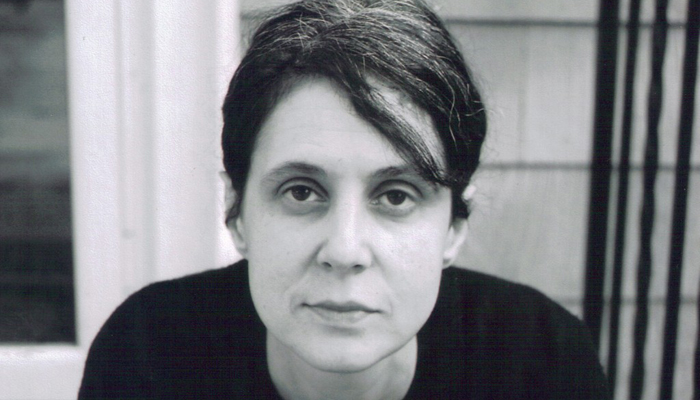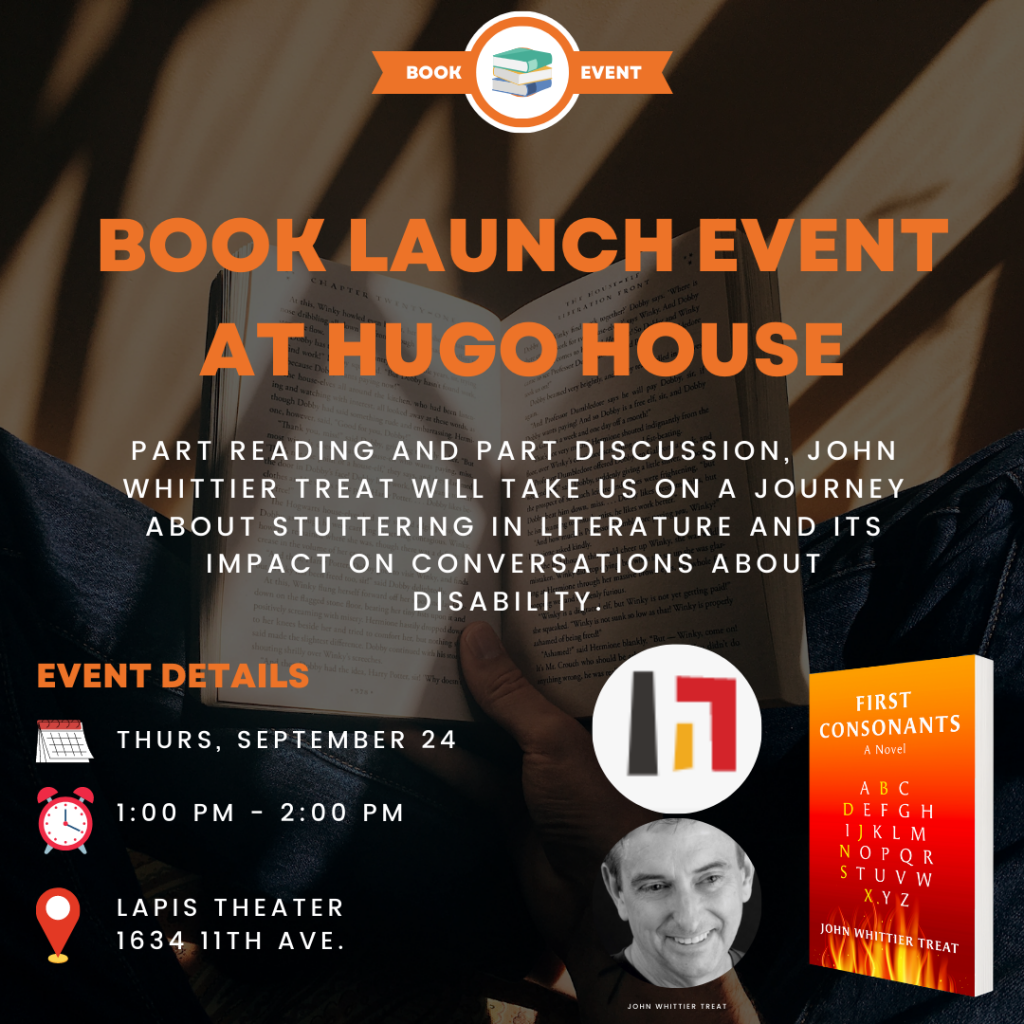I am a monster. I lie. Or, I steal. I like to make things up. I am entirely honest, but I never tell the truth. I tell stories.There is a truth to a story that is deeper than the reality of an event or the actuality of a person or even the force of memory.
Memory is a tough one. Memory will trick you. My first memory is of the fall. I fell out of the cradle and demanded a pen and paper. I rewrote my own beginning. I am an evolutionary wonder. I exist only on the page. I am delicate, but durable. I have a bony exoskeleton that deflects kindness and cruelty alike. I devour criticism; there is so much salt to it.
My arms are long and my hands are small; this is the blueprint of my perfection. My reach always exceeds my grasp. My blood is raspberry syrup. My heart is as dark and bitter and sweet as Hershey’s chocolate. I am descended from the dinosaurs. I am drawn from the deepest well. I am a relic of the mythical Khazars, so I like a little argument and a lot of sugar in my coffee.
I am up all night. I am always awake or asleep. I am telling a story about a story being told. I am writing this by the light of a lantern, while villagers with pitchforks bang at the door. I don’t blame them. I am, after all, a monster. I destroy whole cities with my colossal footsteps. I can smash a vase, wind a clock, and knot a noose. I know noble accents and lucid inescapable rhythms. I know how the story ends.
I discovered the secret of how to write a book while I was digging in a graveyard. I learned how to read by going to the movies. When I was little I liked to watch monster movies on television. Creature features — the ones that took place in haunted houses. The ones in black-and-white with Vincent Price wearing an ascot, and a girl running up a staircase, just when she should be climbing out the window. Movies with heroes and villains. Dracula aspired, the Mummy was cursed, and even the Wolfman had the moon to guide him.
But Frankenstein’s Monster came into being as a monster. His very name is a token of his second-hand hands and third-string self-possession. He is built of rags and borrowed parts. Nothing about him is his own, except the entirety of his being. He is designed for a world in which the jackets and doorways are too small. He is as big and slow and dull as a great book. His brain is a suitcase packed full of someone else’s memories. He is, he really is, the algebraic ghost of his own father.
Where was I? I got lost for a moment. Forgive me; it was a long time ago, when Frankenstein wandered the Arctic Caves, and I can’t remember if the movies were in black-and-white, or if it only seems this way, because I was watching them on a black-and-white television. Here is the part about the trickery of remembrance. Every story begins with a lie. The lie is language itself. Language is a haunted house. It is a maze. Or a labyrinth. It is a dog running circles in the snow. It is — just one last one — it is the train that you miss because it is always just leaving the station. Language is a system of endless deferral. Language is a lot of fun, until someone gets hurt. And someone always gets hurt.
The real is replaced by symbol. Who but a monster would keep waiting for that train? Replacing each replacement with another word? No story built out of language can be true. Because language itself is untrue. That was the part about semiotics; this is the part about murder.
Are you still here?
The light is going dim. The villagers are throwing rocks and bricks and bottles. If you’ve made it this long, then you must have come to realize that this is how the story ends. With a distant crash of thunder. With a strange cry from the woods. With a revelation. I am not alone in my monstrosity. All writers are monsters. Monsters all; liars each. We are monsters because we tell stories.
Look at your hands; is that ink?
We build a world that we know is a lie, and yet, we must believe in it. And to believe in it — in its beauty and its ugliness — is a kind of madness. Who but a monster could murder and create? Who but a monster would want to? Ten million angry villagers can’t be wrong, can they? Don’t get me wrong. I’m not cynical. I’m a romantic. I’m not an apologist. I am not sorry about anything, but I am sorry for everything. I am a liar, but I believe in the lie.
I say: if you can’t join them, beat them.
I say: tell, don’t show.
I say: burn down your haunted house.
No one can teach you how to tell the story that you already know by heart.
I say: smash the vase, knot the noose, stop the clock.
I say: what the hell.
Open the suitcase. Be a species of Frankenstein. Be your own evolution.
Here comes the secret — the one that I dug up in a graveyard or maybe I found it on the shelf in a library.
Wait, wait — the light is out, the windows are broken — and the secret is really no secret at all.
Here it is: it isn’t hard to write a book. It really isn’t. In fact, it is very easy. There is nothing to it. It is nothing but words. It is a trick done with rope, dry ice, and mirrors. It is a disappearing act with two dogs and a bottle of crazy glue. It is a deceit. It is desire. Remember not to forget. Or forget to remember. You can want and want and want to live in the world that you create, but the train to get you there will never stop at your station.
You and I — we are the monsters. Here in the dark: telling lies, telling stories.





